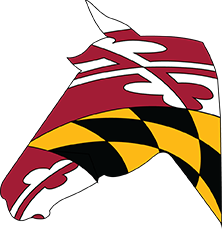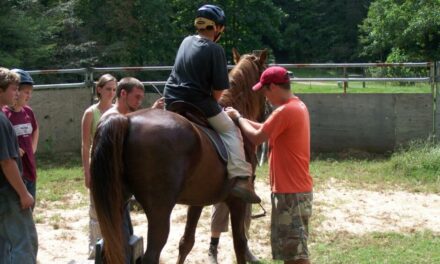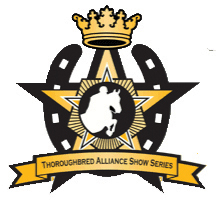by Kim Egan, MHC Co-President (first published in the November 2022 Equiery)
The November issue is traditionally the Equiery’s “giving issue,” and this year is no different. This issue contains our annual Gift Guide to help get everyone ready for the holidays. In addition, the Government Relations column is our “giving wisely” column, and it contains tips on how to make sure your donations get where you actually want them to go.
The Horse Council PAC
This is also the time of year that our Government Relations Committee begins to focus on the next session of the General Assembly. Representing the Maryland horse industry at the state and local level is one of our core missions, and recognizing those elected officials who help further the interests of our members is one of the most effective tools in our toolbox. This year in particular, the entire general assembly is up for re-election, and we will also have an entirely new administration coming in to staff State government agencies. We need all the tools in our tool box to make sure that we can make our voices heard.
The Maryland Horse Council has a political action committee, otherwise known as a PAC, to help us support horse-friendly legislators. In Maryland, legislators cannot do any fundraising while the General Assembly is in session, which means that for our donations to be effective, we must make them before January.
Please consider giving to our PAC. It’s easy to do from our website. From the home page, scroll down until you see the Donate & Support button on the left-hand side, and select “Donate to Horse Council PAC.”
Types of Non-Profits
There are many types of non-profits other than PACs. Here’s a short primer on the different kinds of non-profits most common in the horse industry.
Charities: The most common type of non-profit in the horse industry is the 501(c)(3) organization. 501(c)(3) status is generally available for any corporation that engages exclusively in charitable or educational purposes, including fostering amateur sports and preventing cruelty to animals. A major constraint on charities is that their ability to influence legislation and endorse political candidates is quite limited. Charities must keep their lobbying expenditures under 20 percent of their total expenditures.
Charitable organizations do not have to pay federal income taxes and do not have to pay Maryland property taxes. Maryland charities are also exempt from paying sales tax provided they have applied for and received a tax exempt certificate from the state.
Trade Associations: Another type of non-profit common in the horse world is the 501(c)(6) corporation, which includes “business leagues,” commonly known as trade associations. Trade associations can engage in an unlimited amount of lobbying provided the lobbying furthers their tax-exempt purpose. MHC is a trade association, and can (and does) engage in unlimited lobbying on issues that affect the Maryland horse industry.
Social Clubs: The last type of non-profit common in the horse industry is social clubs organized for pleasure or recreation. Trail riding clubs, hunt clubs, polo clubs, and the like can qualify for 501(c)(7) status.
We always recommend that you consult your financial adviser on any issue relating to taxes. We also caution readers that not every charitable donation is tax deductible, and whether and how much a donation is tax deductible depends on a number of factors, including your individual financial situation, whether any goods or services were received in exchange for the donation, etc.
In the meantime, happy giving!












